Course Overview: STA 203 Unijos Lecture Note, introduces students to the fundamental principles of statistics as applied to physical sciences and engineering. The course provides essential statistical tools to model, analyze, and interpret data encountered in experimental and applied sciences. Students will learn how to design experiments, handle uncertainty, and make informed decisions based on statistical reasoning.
Key Topics:
- Descriptive Statistics:
- Measures of central tendency (mean, median, mode)
- Measures of variability (variance, standard deviation, range)
- Data representation techniques (histograms, box plots, scatter plots)
- Probability Theory:
- Basic probability concepts
- Conditional probability and Bayes’ theorem
- Probability distributions (binomial, normal, Poisson)
- Sampling and Sampling Distributions:
- Sampling techniques and designs
- The concept of the sampling distribution of a statistic
- Central Limit Theorem
- Hypothesis Testing:
- Null and alternative hypotheses
- Type I and Type II errors
- Z-test, t-test, chi-square test, and ANOVA
- P-value and significance levels
- Confidence Intervals:
- Construction and interpretation of confidence intervals for means and proportions
- Understanding the margin of error
- Regression Analysis:
- Simple linear regression and correlation
- Multiple regression
- Model fitting and residual analysis
- Applications in engineering and physical sciences
- Design of Experiments:
- Principles of experimental design
- Randomization, replication, and blocking
- Analysis of variance (ANOVA)
- Quality Control and Reliability:
- Control charts and process monitoring
- Reliability analysis and life testing models
Applications: The course emphasizes real-world applications in physical sciences and engineering, with case studies covering fields such as materials science, thermodynamics, environmental studies, and mechanical systems.
Learning Outcomes: By the end of this course, students will be able to:
- Apply statistical methods to analyze data in physical sciences and engineering contexts.
- Design experiments and collect data efficiently.
- Use software tools to perform statistical analysis.
- Interpret the results of statistical tests and models.
STA 203: Statistics for Physical Sciences and Engineering
Click on the Files below to download Lecture Notes.
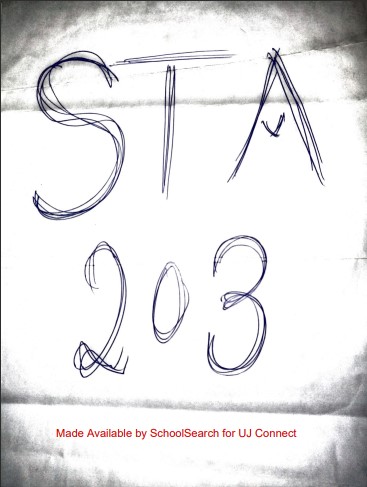
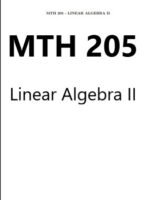
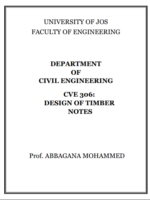
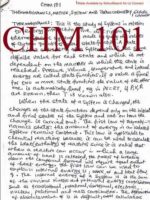
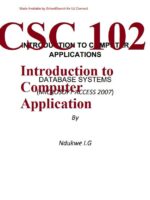
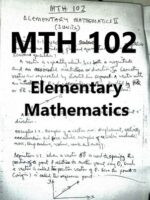

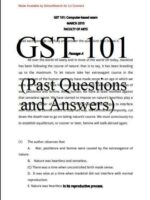
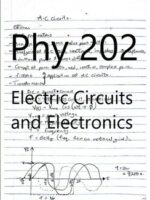
Be the first to review “STA 203: Statistics for Physical Sciences and Engineering”